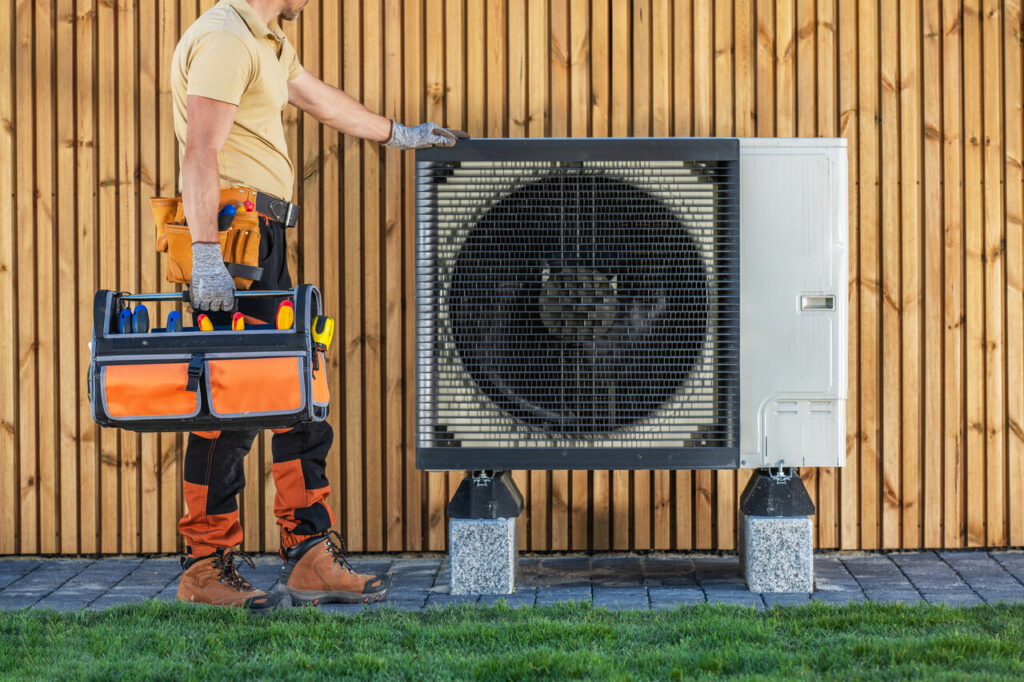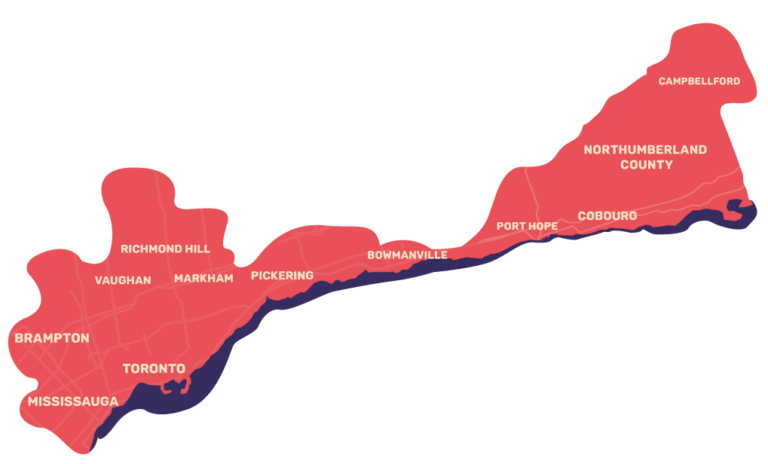Heat pumps are an increasingly popular choice for homeowners looking to both heat and cool their homes efficiently. Unlike traditional heating systems, heat pumps operate by transferring heat rather than generating it by burning fuel, making them more energy-efficient and cost-effective. As HVAC experts, we specialize in optimizing these systems to ensure they operate at peak efficiency, providing comfort across all seasons while keeping energy costs low.
In a landscape where both environmental impact and reducing monthly bills are priorities, understanding how your heat pump works and how to maintain it is essential. Ensuring the system is functioning correctly and is well-maintained not only prolongs its lifespan but also maximizes its efficiency.
Whether you’re considering installing a new heat pump or aiming to enhance the performance of an existing one, knowing the right settings, maintenance routines, and the potential savings involved helps in making informed decisions about your home’s heating and cooling.
How Heat Pumps Work and Why They Save Energy
Heat pumps are a core component of modern energy-efficient homes. They operate based on a simple principle: rather than generating heat, they move existing heat from one location to another. In winter, a heat pump extracts heat from the outside air and transfers it inside to warm your home. Conversely, in the summer, it removes heat from your home and releases it outside, acting like an air conditioner. This dual functionality makes heat pumps a versatile and valuable piece of HVAC equipment.
One of the main reasons heat pumps save energy is their use of electricity to move heat rather than generate it. This process is generally more energy-efficient than traditional heating methods that burn fuel. Because they transfer heat rather than creating it, heat pumps can provide up to four times the amount of energy they consume in electricity. This level of efficiency can lead to significantly reduced utility bills and a smaller carbon footprint, making heat pumps an appealing choice for eco-conscious homeowners.
Top 5 Settings for Maximum Efficiency on Your Heat Pump
To get the most out of your heat pump, proper settings are crucial. Here are the top five settings we recommend to ensure your system operates at maximum efficiency:
- Thermostat Setting: Keep your thermostat set at a consistent temperature. Constantly adjusting the thermostat can cause your heat pump to work harder, which can decrease its efficiency. A setting of around 20°C in winter and 25°C in summer is typically recommended.
- Fan Speed: Opt for a lower fan speed. While it might take slightly longer to heat or cool your space, running your fan at a lower speed uses less energy.
- Defrost Setting: During the colder months, ensure the defrost setting is adjusted correctly to prevent ice buildup on the outdoor unit. This helps maintain the efficiency of the heat pump.
- Eco Mode: Many modern heat pumps come with an ‘Eco Mode’ which optimizes the system for energy efficiency. Use this setting to maximize savings on your energy bills.
- Regular Maintenance Alerts: If your heat pump has this feature, activate alerts for regular maintenance checks. Keeping your system in top condition avoids inefficiencies that can spike your energy usage.
Adjusting these settings according to your everyday needs can help maintain an efficient operation, reducing wear and tear and extending the life of your heat pump. These simple adjustments not only contribute to lower energy consumption but also enhance the comfort level in your home.
Seasonal Maintenance Tips for Your Heat Pump
Regular seasonal maintenance is essential to keep your heat pump operating at its best throughout the year. As the seasons change, so do the demands on your heat pump, making seasonal checks a crucial strategy for energy conservation and system longevity. In spring, it’s wise to check refrigerant levels and clean the outdoor coils, which can become clogged with debris during winter. This ensures your heat pump is ready to efficiently cool your home when temperatures begin to rise.
Fall presents another critical maintenance opportunity, preparing your system for the colder months. This includes inspecting the heating elements and ensuring the defrost cycle is functioning correctly to prevent ice from building on the outdoor unit. Both spring and fall are key times to replace or clean air filters, which should be done every three months at a minimum to maintain air quality and system efficiency.
Long-Term Savings: Understanding The Payback Time of Your Heat Pump Investment
Investing in a heat pump is not only environmentally friendly but also economically wise in the long run. Although the initial cost can be higher than traditional heating systems, the savings accrue from day one in the form of lower energy bills. Over time, these savings can significantly offset the initial investment. Typically, the payback period for a heat pump varies depending on your climate, usage patterns, and the efficiency of the system installed.
For many Canadians, the return on investment can be realized within several years, thanks to reduced monthly energy expenditures and maintenance costs. Additionally, as utility prices continue to rise, the efficiency of heat pumps can lead to even greater savings. It’s also worth considering potential government rebates and incentives available for energy-efficient home upgrades, which can further reduce the overall cost.
Final Thoughts
As HVAC professionals specializing in heat pump systems, we understand the importance of optimizing your home’s comfort and efficiency. By incorporating our maintenance tips and making informed decisions about your heat pump settings and upgrades, you can enjoy a reliable, cost-effective heating and cooling solution that stands the test of time. Regular care and strategic settings adjustments not only prolong the life of your heat pump but also ensure peak performance, resulting in significant energy and cost savings over the years.
If you’re thinking about installing a new heat pump or need expert advice on maintaining your existing system, don’t hesitate to contact our team. With our extensive experience and dedication to top-notch service, we’re here to ensure your home remains comfortable and your heating and cooling systems run efficiently. Book a consultation with us today and take the first step towards a more sustainable and cost-effective home environment.






